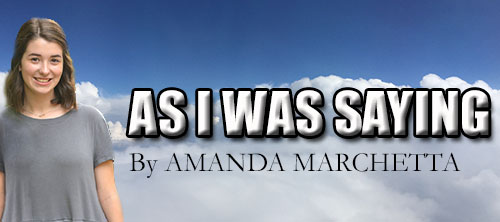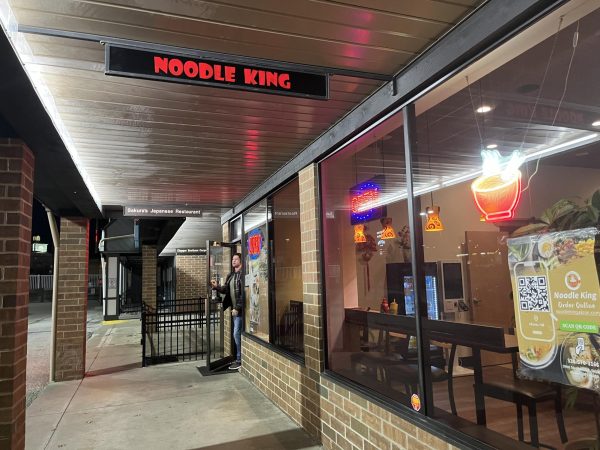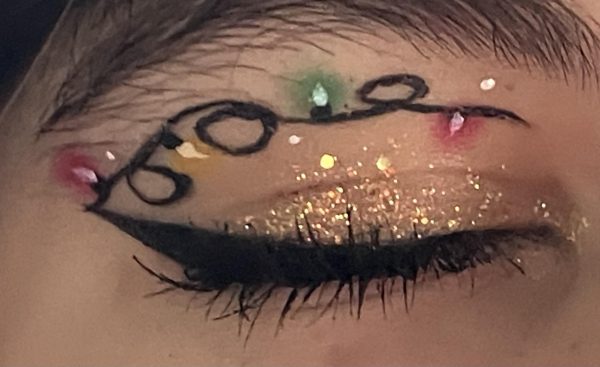Students should rethink promposals

A student approaches her car. She sees a white poster in the distance; her heart jumps. She walks a bit faster, attempting to read the message on the sign. Once she deciphers it, she makes eye contact with the person holding the sign and laughs. She smiles and hugs her newfound prom date without saying anything. They later arrange details over text. They hardly speak during the entire exchange.
This silence has become commonplace in the world of acquiring dance dates. Where students once simply asked each other, today’s seniors expect elaborately planned events or clever puns as the opening line from their dates. Google searches for “promposals” peak every year around April, with a smaller spike in the months near homecoming. This places too much pressure on both parties during an already high-stress season.
The “promposer” has the burden of determining how to ask out their prospective date. He or she must decide what to do and when to do it, leaving him or her with a conundrum. If the proposal occurs in private, the person asked may feel underwhelmed and disappointed, but if he or she asks in public, the receiver may feel embarrassed by the attention. The promposer may have to spend a decent sum of money on this proposal as well.
The person asked also feels burdened in these situations. When someone asks him or her in public, the pressure of a public rejection may overwhelm the instinct to say no.
Senior Jack Brokloff also asked someone to homecoming in a big way. He sang a song from Top Gun to her from the bottom of the student section. The movie’s hero who “gets the girl” in the end inspired him to hope he would fare the same. He says that he believes she “probably felt pressure” to say yes due to the public nature of the question. He does not regret the way he asked because he does not think a homecoming date has the permanence or importance of a “marriage proposal.”
Seniors Madison Joseph and William Branch have participated in the tradition of over-the-top promposals for three years. They have each taken a turn “popping the question” in clever ways involving balloons. Joseph explained that she felt no pressure to say yes when he asked her; she felt excited since she and Branch had already established a relationship. For students who do not have a romantic relationship with their potential date, the discomfort can increase.
As prom season approaches, one should consider a return to the basics. If a couple does not have an established relationship, the way a person asks may affect the answer he or she receives. An unhappy or uncomfortable date will probably overwhelm the memories of what would otherwise be a fun, memorable night. Simply asking someone “Will you go to prom with me?” might just be the most revolutionary way to ask the question this year.


